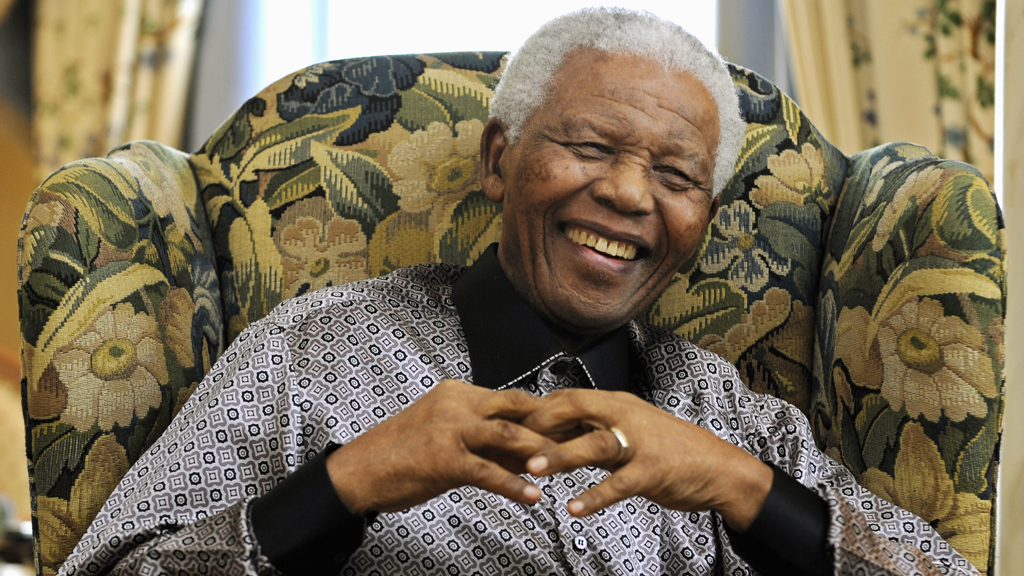Nelson Mandela ‘responding positively’ to treatment
Nelson Mandela, the former South African president, is “responding positively” to treatment after being admitted to a hospital with a recurring lung infection, the government says.

The 94-year-old was admitted shortly before midnight on Wednesday, having previously been treated for a lung infection at the end of last year.
South African President Jacob Zuma said on Thursday that Mandela was responding positively and “remains under treatment and observation in hospital.”
In an earlier statement, South African president Jacob Zuma said: “We appeal to the people of South Africa and the world to pray for our beloved Madiba and his family and to keep them in their thoughts.
“We have full confidence in the medical team and know that they will do everything possible to ensure recovery.”
Earlier this month, Mandela was briefly admitted to hospital for a check up. In December he spent three weeks in hospital with a lung infection, following surgery to remove gallstones.
He spent much of last year in Qunu, his ancestral village in the poor Eastern Cape province. But since being hospitalised in December, he has been at his home in an affluent Johannesburg suburb, on doctors’ advice, to be closer to sophisticated medical care.
Mandela was South Africa’s first black president, from 1994 to 1999. He took the presidency four years after being released from prison, where he was incarcerated for 27 years, having been convicted of sabotage and conspiracy to overthrow the government. During his time in prison he contracted tuberculosis.
Mandela was jailed after battling against South Africa’s white supremacist apartheid regime in the 1950s and 1960s. Though initially committed to non-violent protest, Mandela co-founded the militant Umkhonto we Sizwe group which coordinated a series of “sabotage” attacks, including bombings, against the government.
Perceived successes during Mandela’s presidency include the introduction of a constitution with robust protections for individual rights and the Truth and Reconciliation Commission, a panel that heard testimony about apartheid-era violations of human rights.
He was awarded the Nobel Peace Prize in 1993.